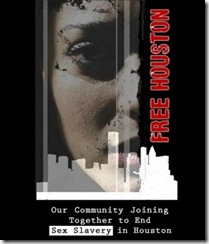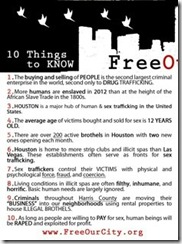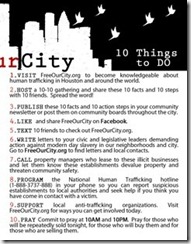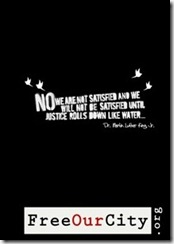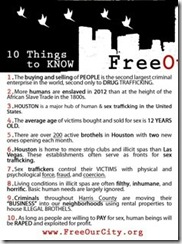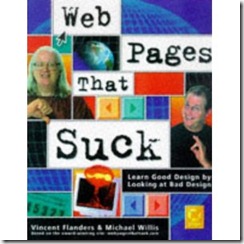by Diane Holmes, (a) Chief Alchemist of Pitch University, (b) lover of learning, and (c) writer of fiction, non-fiction, and the occasional manifesto.
Why I Have An Opinion About This
So, I’m starting a business where I (a writer) create websites for other writers.
(See, gone for months, yet we pick up exactly where we left off, talking marketing and writing. That’s how you know we’re BFFs.)
But back to my new biz, Website Happiness.
The gist: Super awesome sites for writers, no geek speak allowed, just leading writers through bite-sized, easy peasy steps that accidentally help them with marketing and branding, while costing next to nothing. Yeah, my slogan is kinda long, but “Just Do It” was taken.
So as I get ready to help some beta clients this weekend, this is a good time to tell you exactly why you don’t need a website.
Reason #1. Websites don’t really promote you (no matter what anyone else says).
Truth: Websites sit there passively waiting for a human to show up.
 They are not a promotion machine with arms and legs, acting as your personal promoter, taking active steps on your behalf. Nope. They do not “get out there.” They do not lasso docile readers or clients, create a stampede to your site, nor generate word-of-mouth by their very existence.
They are not a promotion machine with arms and legs, acting as your personal promoter, taking active steps on your behalf. Nope. They do not “get out there.” They do not lasso docile readers or clients, create a stampede to your site, nor generate word-of-mouth by their very existence.
And that’s what a lot of writers seem to think (or hope).
“If I have a website (quality? who cares!), I won’t have to work. It will do the marketing for me! That’s just the genius of web pages. And I has them.
Soon (mwahahaha), everyone will know about me and all my literary goodness. Excitement will build because I have an URL. Finally, I am famous.”
Oh, and I can tell people I have a platform. Sweet!
What’s that, you say? It’s not passive? It really does go out there with the power of Google!
Ah, no. Getting your site listed in Google searches is also passive. Google waits for a search to be entered, an invitation, a click. And even then, seeing lists of sites is not the same as promotion.
Truth
When a reader (or client ) shows up at your website door, if you have an effective website with effective content, yes, it’s possible to educate and influence that reader… if they’re a good fit for you, your writing, or your services.
Your website will passively wait for your reader to decide if this is the case.
And if you really do an amazing job, your reader might tell her friends. In fact, if you’re amazing, she might tell complete strangers at the grocery store.
So you can see there’s a lot of stuff you have to do right first. And your website visitor gets to make every decision, starting with deciding to find your site.
That said, if someone does decide to look for you online, and if you’re not there, then you pretty much have zero chance of educating or influencing them at that moment in time.
Just saying.
TO BE CONTINUED….
—
![clip_image001[4] clip_image001[4]](http://freelance-zone.com/blog/wp-content/uploads/2012/11/clip_image0014.jpg) Diane writes two columns for Freelance-Zone: (1) Fiction-Zone: Leaps in Fiction Mastery and (2) Marketing-Zone: Marketing Yourself and Your Writing.
Diane writes two columns for Freelance-Zone: (1) Fiction-Zone: Leaps in Fiction Mastery and (2) Marketing-Zone: Marketing Yourself and Your Writing.


